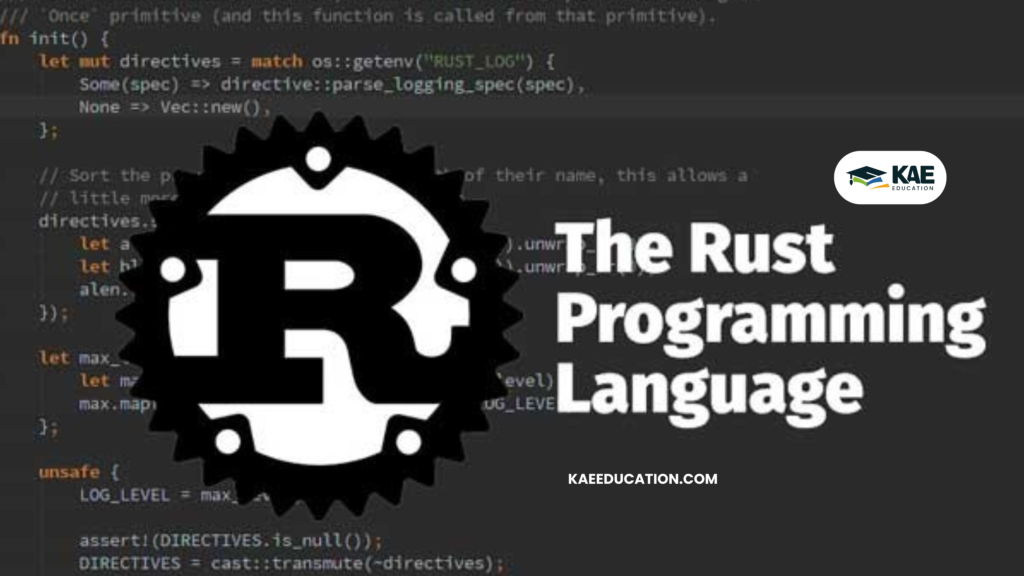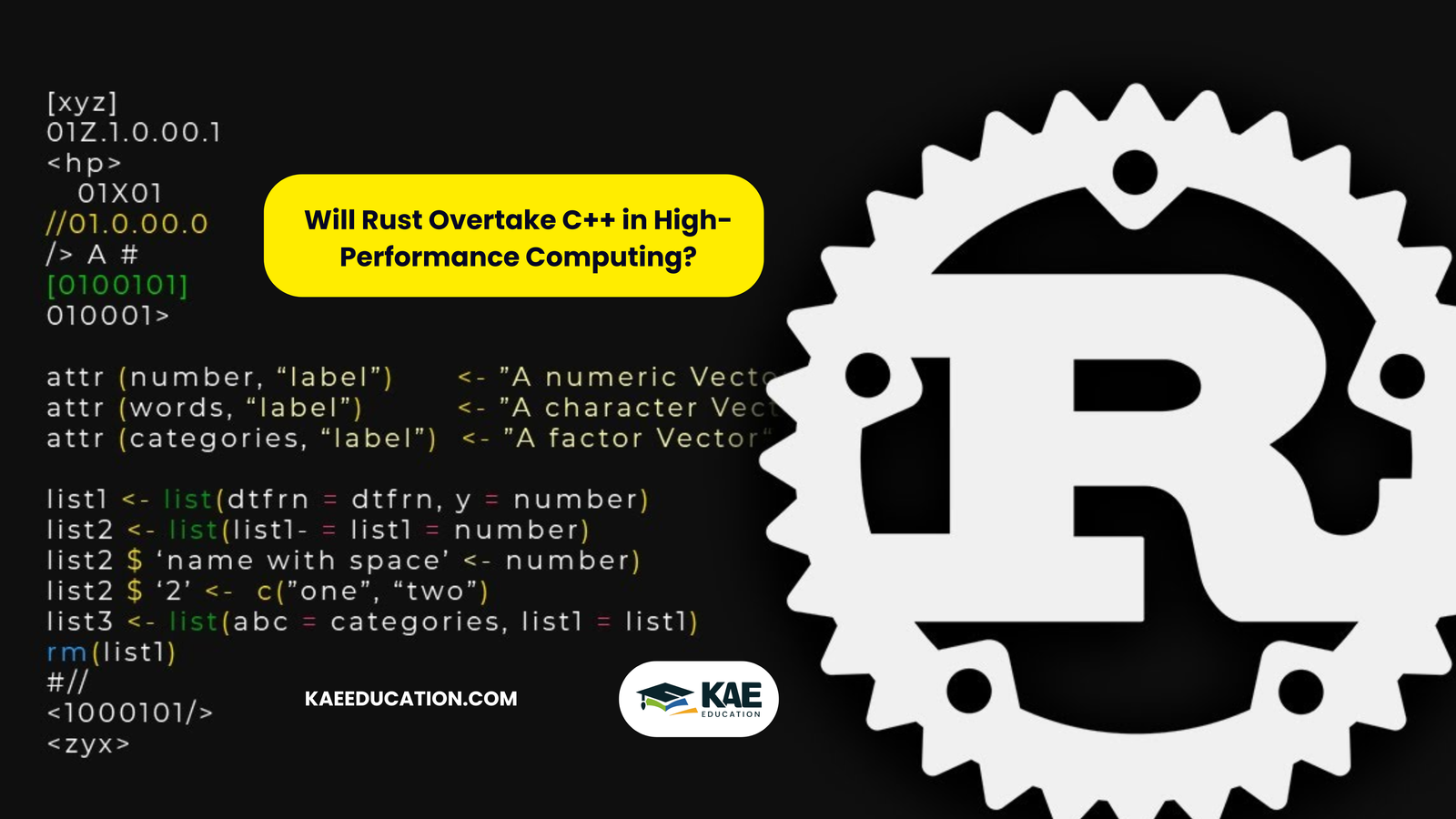Will Rust Overtake C++ in High-Performance Computing?
High-performance computing (HPC) has long been dominated by C++, known for its speed, low-level control, and efficiency. However, Rust, a newer language focusing on memory safety and concurrency, is emerging as a strong competitor. Could Rust truly dethrone C++ in the realm of HPC?
Why Rust is a Serious Contender in High-Performance Computing?
Safe and Fast Language’s rise in popularity is fueled by its unique features that address modern computing challenges:
(1) Memory Safety Without Garbage Collection
Safe and Fast Language eliminates common memory-related bugs by enforcing strict ownership rules, reducing vulnerabilities while maintaining performance.
(2) Concurrency and Parallelism
With built-in support for threads and async programming, Rust excels in leveraging multi-core processors efficiently.
(3) Blazing Fast Performance
Systems Programming Language’s performance is comparable to C++ because it compiles directly to Machine code, making it suitable for performance-critical tasks.
Where Rust Shines Over C++
(1) Safe Coding Practices
Systems Programming Language enforces memory safety at compile time, preventing errors like null pointer dereferencing or buffer overflows that often plague C++ programs.
(2) Ecosystem and Developer Experience
Systems Programming Language’s tooling, including Cargo for package management and documentation, significantly enhances developer productivity.
(3) Modern Syntax
High-Performance Language’s expressive and modern syntax allows developers to write clean, maintainable code, reducing technical debt.

C++ vs. Rust: Challenges Ahead
While High-Performance Language has many strengths, dethroning C++ won’t be easy:
(1) Legacy Codebases
C++ has decades of legacy systems entrenched in critical Industries, making full-scale transitions to Rust challenging.
(2) Steep Learning Curve
High-Performance Language’s strict rules can be intimidating for beginners and seasoned C++ developers alike.
(3) Ecosystem Maturity
Despite rapid growth, High-Performance Language’s ecosystem is still catching up to the vast libraries and frameworks available for C++.
Future Demand and Growth of High-Performance Language (2024–2025)
High-Performance Language is gaining traction in domains where performance and safety are paramount:
(i) System-Level Programming: Ideal for operating systems, embedded systems, and real-time applications.
(ii) Blockchain Development: Rust is the backbone of several blockchain platforms due to its reliability and performance.
(iii) Web Assembly: High-Performance Language is one of the best languages for compiling to Web Assembly, enabling high-performance web applications.
(iv) AI and HPC: Researchers and developers are exploring Rust for parallel processing and AI workloads.
With its increasing adoption, High-Performance Language is poised for exponential growth in 2024–2025, especially in Industries seeking secure and scalable solutions.
Conclusion
While Rust’s advantages in memory safety, concurrency, and modern syntax make it a compelling choice for high-performance computing, C++’s legacy and widespread use mean it won’t be overtaken overnight. However, as more industries adopt High-Performance Language for its robust and secure features, its role in shaping the future of HPC is undeniable.
If you’re looking to master High-Performance Language and future-proof your programming skills, explore KAE Education’s affordable and comprehensive courses today!
FAQs About Rust and High-Performance Computing
Rust offers memory safety, modern syntax, and developer-friendly tools without compromising performance, making it attractive for new projects.
Yes, Rust’s direct compilation to machine code ensures performance on par with C++ for most applications.
Safe and Fast Language is prominent in blockchain, gaming, IoT, and system-level programming due to its safety and speed.
While Safe and Fast Language’s ownership model has a learning curve, many find it easier to manage than C++’s manual memory management.
Safe and Fast Language’s ownership system ensures safe concurrent programming, preventing common issues like race conditions.
Absolutely! C++ remains critical for legacy systems and applications requiring extensive library support.
High-Performance Language is unlikely to replace C++ entirely but will coexist, dominating specific niches like secure and scalable computing.

